Side Effects Of A Vegan Diet

Side Effects Of A Vegan Diet
In recent years, the popularity of veganism has surged, driven by ethical, environmental, and health considerations.
While a vegan diet offers numerous benefits, including reduced risk of chronic diseases and a lighter ecological footprint, it's essential to acknowledge that this lifestyle choice is not without its challenges.
Embracing a plant-based diet requires careful consideration and mindful planning to ensure balanced nutrition.
This article explores the potential side effects of a vegan diet, shedding light on crucial aspects that individuals embarking on this journey should be aware of.
From nutrient deficiencies to digestive concerns, we will delve into the intricacies of maintaining optimal health while adhering to a vegan lifestyle.
Understanding these potential challenges empowers individuals to make informed choices, fostering a sustainable and wholesome vegan experience.
Join us as we navigate the intricacies of the vegan journey, striving for a well-rounded perspective on the positive and challenging impacts of embracing a plant-based lifestyle.
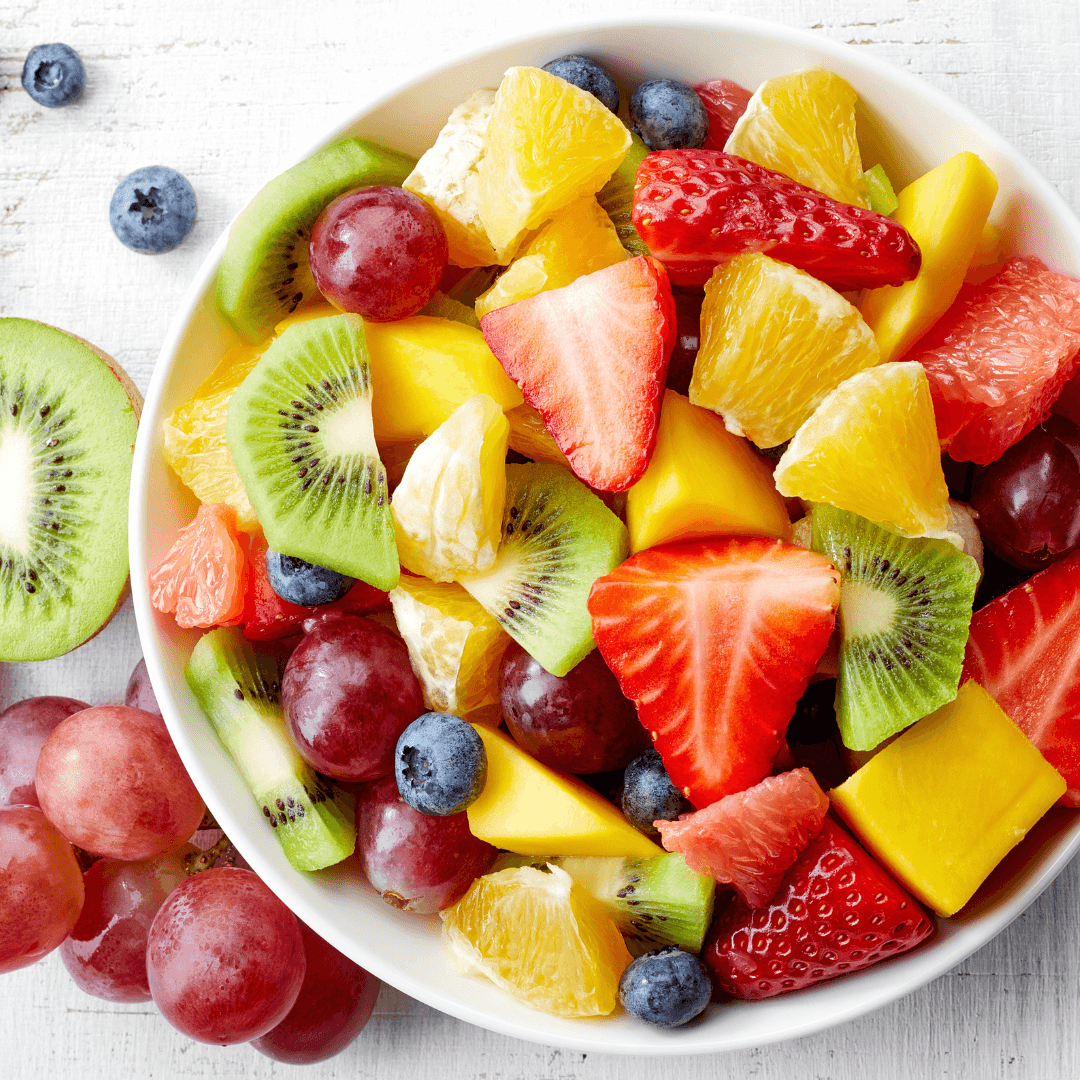
Is A Vegan Diet Healthy?
When well-planned, a vegan diet can be nutritionally sound and healthy. Packed with abundant fruits, vegetables, whole grains, legumes, and nuts, a vegan diet is naturally rich in essential vitamins, minerals, fiber, and antioxidants.
Studies suggest that adhering to a vegan lifestyle may contribute to a lower risk of heart disease, certain cancers, and type 2 diabetes.
Moreover, plant-based diets often lower cholesterol levels and lower blood pressure. A vegan diet's emphasis on whole foods provides diverse nutrients that support overall well-being.
However, it's crucial to approach a vegan diet carefully to ensure adequate intake of key nutrients like vitamin B12, iron, calcium, and omega-3 fatty acids.
While plant-based sources exist for these nutrients, careful planning is essential to prevent deficiencies.
A registered dietitian or medical professional can help people customize their vegan diet to fit their nutritional needs.
A well-balanced and thoughtfully planned vegan diet can offer various health benefits, contributing to longevity and overall vitality.
Exploring The Side Effects Of A Vegan Diet
Becoming vegan is a responsible move that considers ethical, environmental, and health concerns.
Even though adopting a plant-based diet has many advantages, it's important to understand the complex world of possible drawbacks.
When exploring the potential side effects of a vegan diet, it's essential to consider various aspects of nutrition and health.
Here are the potential side effects of following a vegan diet:

1. Nutrient Deficiencies
A vegan diet, rich in plant-based goodness, may present challenges in meeting certain nutritional needs.
Chief among them is the potential for deficiencies in vital nutrients crucial for overall health. Being an essential component of red blood cell production and nerve function, vitamin B12, primarily found in animal products, is a major concern.
Another problem is iron, which is necessary for the blood to carry oxygen. Iron from plant sources is more easily absorbed than iron from animal sources.
Likewise, zinc, crucial for immune function and wound healing, and calcium, vital for bone health, may require careful attention to ensure adequate intake.
Omega-3 fatty acids, particularly DHA and EPA, primarily found in fish, present a challenge for maintaining optimal brain and heart health.
While a vegan diet offers numerous benefits, strategic planning and, in some cases, supplementation is crucial to mitigate potential nutrient deficiencies and foster a well-rounded and nourishing plant-based lifestyle.

2. Difficulties Of Protein Intake And Quality
Meeting adequate protein requirements on a vegan diet requires strategic planning to balance essential amino acids, the building blocks of protein.
Plant-based protein sources often lack one or more of these amino acids, making it crucial for individuals to diversify their food choices.
While beans, lentils, tofu, and quinoa contribute valuable protein, they may not match the amino acid profiles found in animal proteins.
Combining complementary plant-based sources, such as pairing beans with rice, ensures a comprehensive array of amino acids.
Additionally, incorporating protein-rich foods like soy products, seitan, and legumes into daily meals can enhance protein intake.
Understanding the nuances of amino acid composition in various plant-based sources empowers individuals to create well-rounded, protein-rich diets, mitigating concerns related to quantity and quality on the vegan journey.
By embracing a diverse array of plant proteins, individuals can thrive while reaping the benefits of a balanced and sustainable vegan lifestyle.
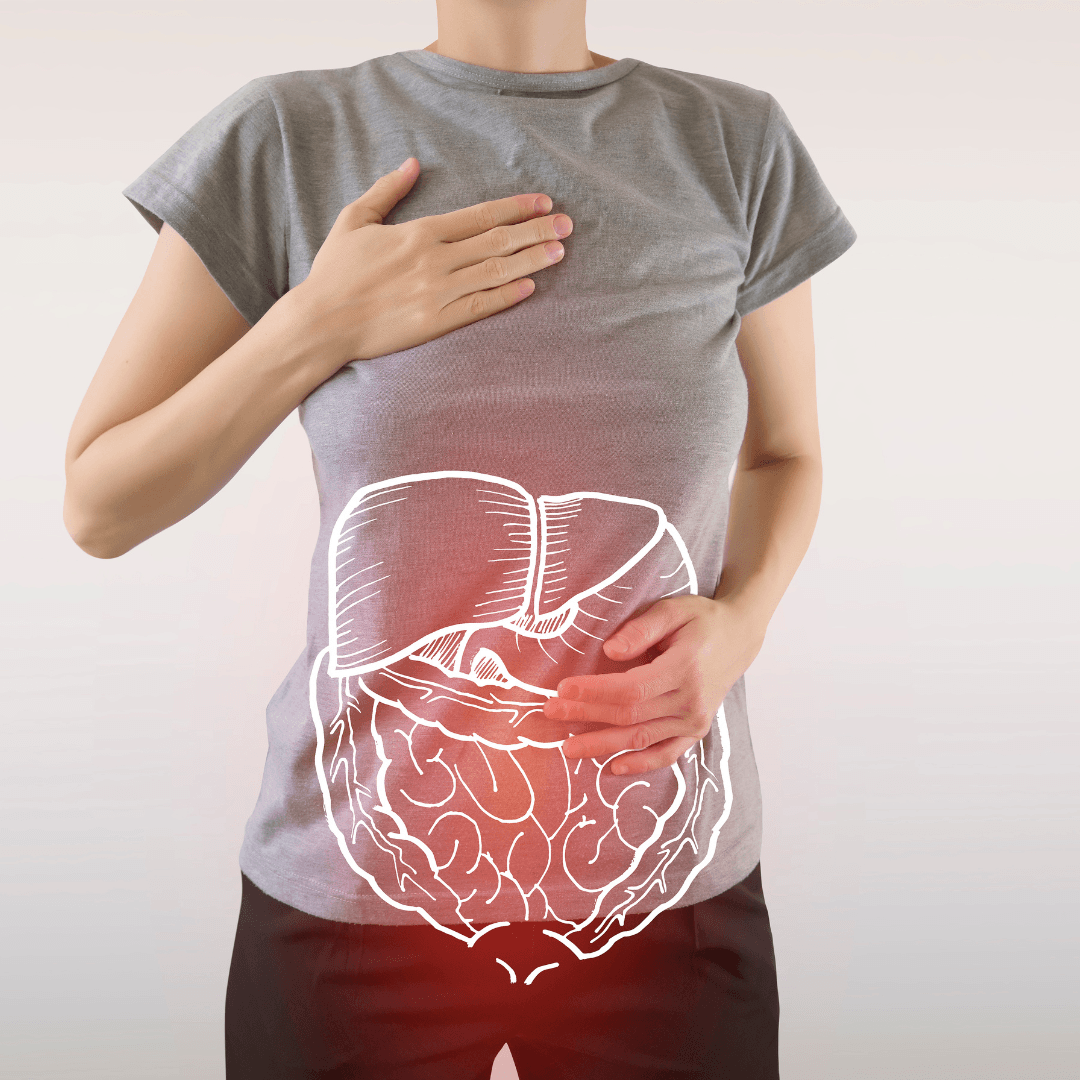
3. Digestive Challenges
The transition to a vegan diet, abundant in fibre-rich plant foods, can sometimes introduce digestive challenges as the body adapts to increased fiber intake.
Bloating and gas are common initial side effects attributed to the higher fiber content of fruits, vegetables, and whole grains.
The abrupt change can temporarily disturb the gut microbiota, leading to these symptoms.
Gradually introducing high-fibre foods is key to navigating these challenges, allowing the digestive system to adjust over time.
Adequate hydration supports the breakdown and movement of fiber through the digestive tract, easing potential discomfort.
Incorporating probiotics through fermented foods or supplements promotes healthy gut flora, reducing digestive issues.
Mindful eating practices, such as chewing food thoroughly, also aid digestion. While these challenges may arise initially, they tend to diminish as the body acclimates to the fibre-rich diet, leaving individuals with a more resilient digestive system and the myriad health benefits associated with a plant-based lifestyle.
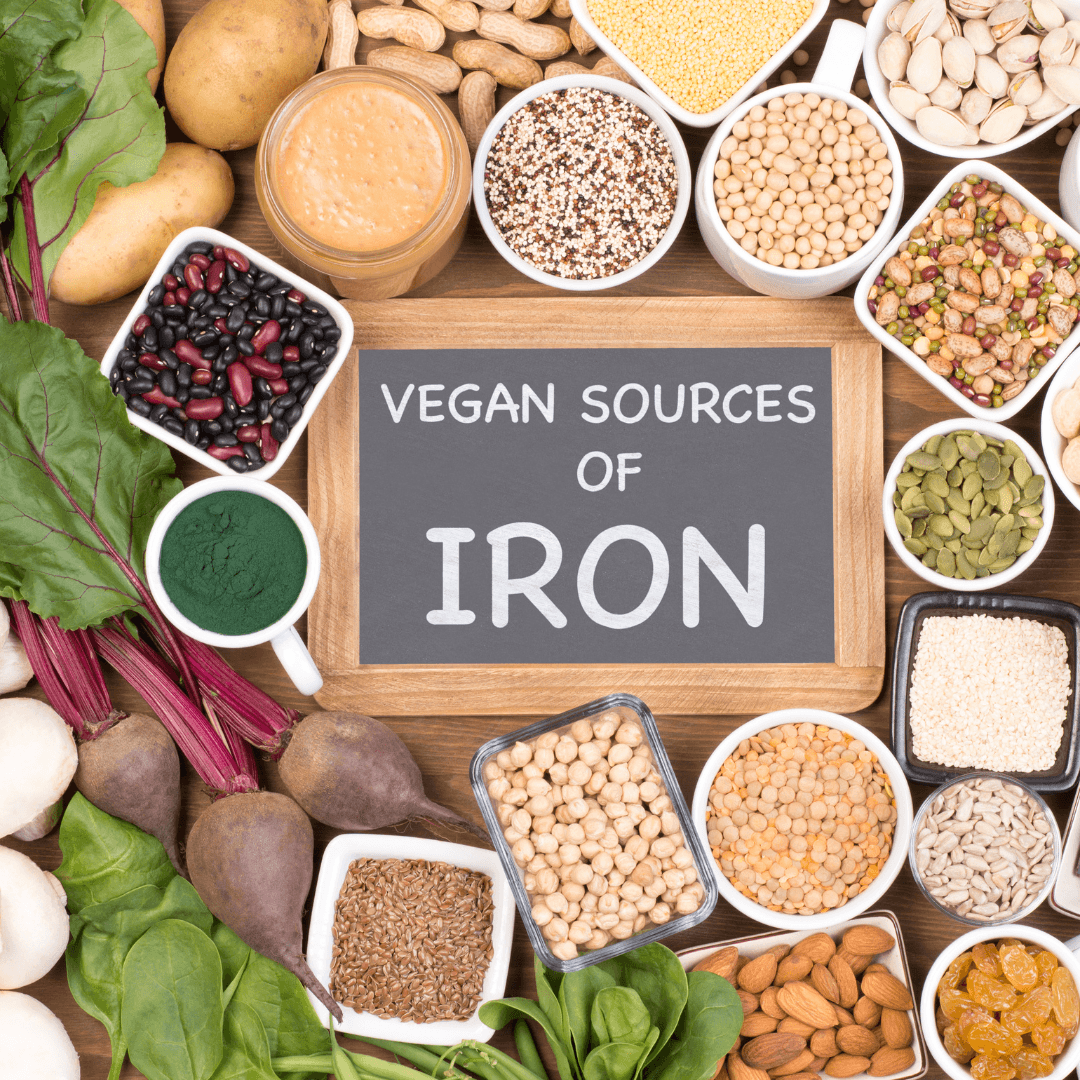
4. Challenges Of Iron Absorption
Iron absorption poses a unique challenge in plant-based diets, primarily due to the distinction between heme and non-heme iron sources.
The body absorbs heme iron—found in animal products—more easily than non-heme iron, which is found in plant foods.
While non-heme iron is abundant in various plant sources such as legumes, seeds, and leafy greens, its absorption is influenced by several factors.
Plant-based diets often contain inhibitors like phytates and polyphenols, hindering non-heme iron absorption.
However, consuming vitamin C-rich foods alongside iron-rich plant sources enhances absorption, as vitamin C counteracts these inhibitors.
Cooking methods can also affect iron bioavailability, with soaking, fermenting, or sprouting mitigating the impact of inhibitors.
Additionally, calcium supplements or high-calcium meals should be timed separately from iron-rich meals to avoid interference with absorption.
Understanding these factors and incorporating strategic dietary choices can help individuals on a plant-based diet optimize their iron absorption and mitigate challenges associated with non-heme iron sources.
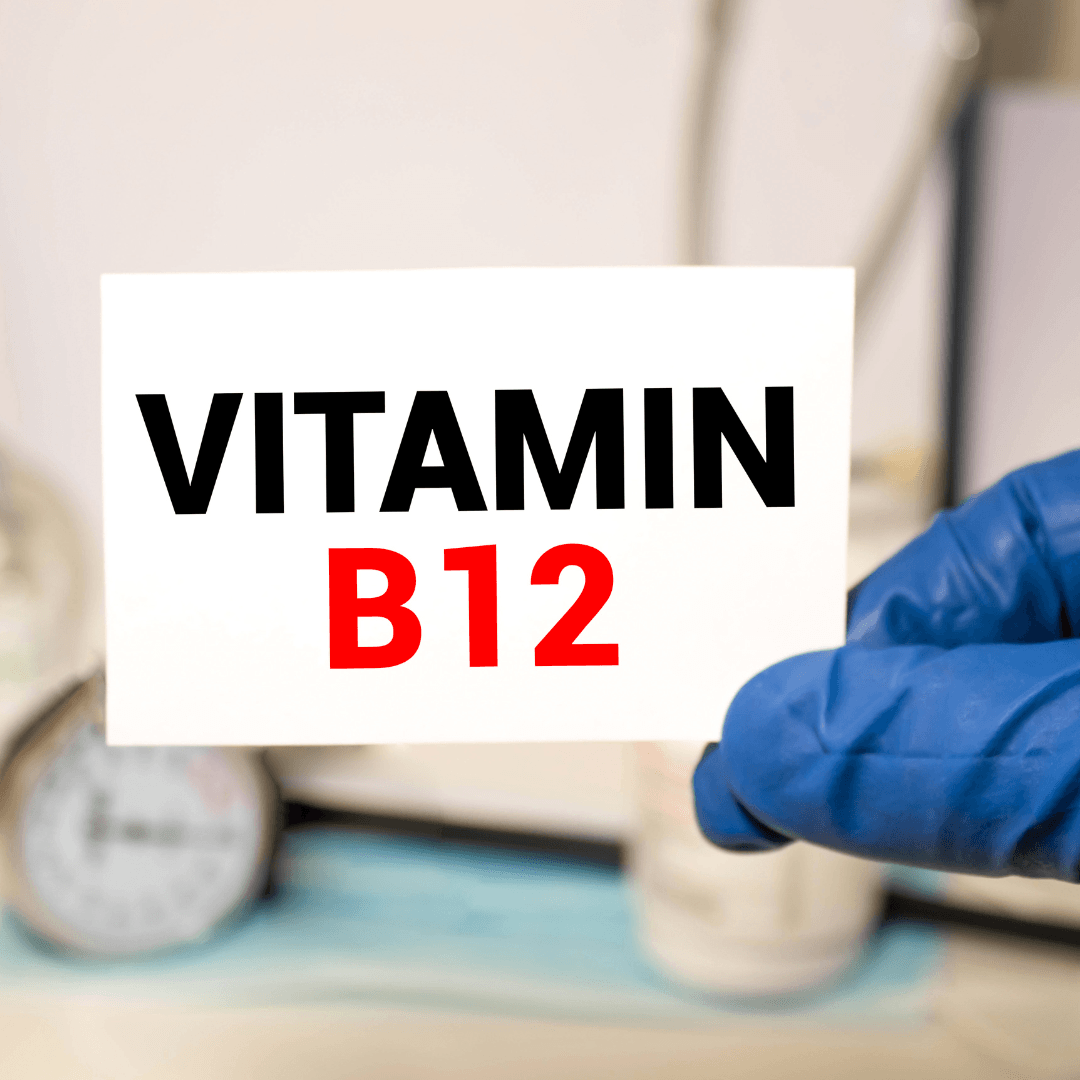
5. Vitamin B12 Deficiency
Vitamin B12, a critical nutrient for neurological health, plays a pivotal role in the synthesis of DNA, red blood cell formation, and the maintenance of the central nervous system.
Primarily sourced from animal products, individuals adhering to a vegan diet face an inherent challenge as plant-based foods generally lack sufficient amounts of this essential vitamin.
A deficiency in vitamin B12 can lead to a spectrum of neurological issues, ranging from fatigue and weakness to more severe conditions such as peripheral neuropathy and irreversible nerve damage.
Cognitive disturbances and mood disorders may also manifest in the absence of adequate B12 levels.
Recognizing the significance of B12, those following a vegan lifestyle are encouraged to incorporate fortified foods or supplements into their diet.
Routine screening for B12 levels is advisable to detect deficiencies early and prevent long-term neurological consequences.
By being vigilant about vitamin B12 intake, individuals can safeguard their neurological well-being while enjoying the benefits of a vegan lifestyle.

6. Allergic Reactions And Sensitivities
Despite the reputation for being allergen-friendly, vegan diets aren't immune to allergic reactions or sensitivities.
While they exclude common allergens like dairy and eggs, individuals can still develop adverse reactions to specific plant-based foods.
Allergies to nuts, seeds, soy, gluten-containing grains, or even certain fruits and vegetables can emerge, posing challenges for those aiming to embrace a vegan lifestyle.
These allergies may manifest as skin rashes, gastrointestinal distress, respiratory issues, or, in severe cases, anaphylaxis.
Sensitivities, though less severe than allergies, can still lead to discomfort, digestive problems, and inflammation. Identifying and managing these reactions is crucial for sustaining a healthy vegan diet.
Individuals adopting a vegan lifestyle should be attentive to their body's responses and consult healthcare professionals if symptoms arise.
Conducting thorough allergy testing and diversifying food choices can mitigate the risk of developing allergies or sensitivities, ensuring that the pursuit of a plant-based diet aligns with both ethical and health goals while promoting overall well-being.
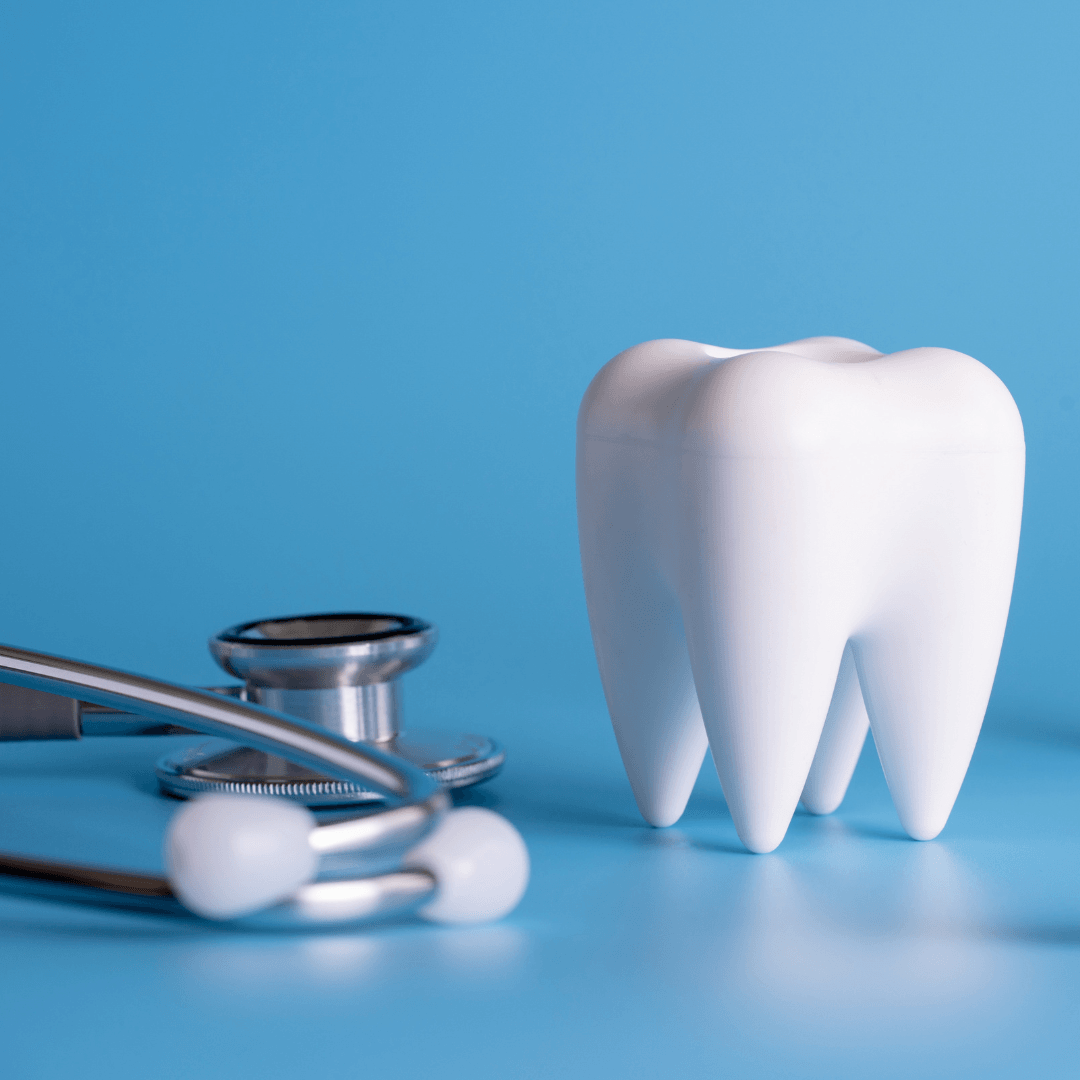
7. Dental Health Concerns
The exclusion of animal products in a vegan diet raises concerns about dental health due to potential deficiencies in essential nutrients crucial for maintaining strong teeth.
Vitamin D and calcium, primarily sourced from dairy products and certain fatty fish, play pivotal roles in promoting healthy teeth and preventing dental issues.
Vitamin D facilitates calcium absorption, aiding tooth enamel formation and mineralization.
Without adequate vitamin D and calcium from animal-based sources, individuals following a vegan diet must be meticulous in obtaining these nutrients from plant-based alternatives.
Fortified plant milk, tofu, leafy greens, and nuts become essential components of a vegan diet to ensure proper dental health. Additionally, adequate sun exposure, a natural source of vitamin D, becomes imperative.
By practicing proper oral hygiene, which includes routine brushing, flossing, and dental examinations, vegans can further protect their dental health.
By being mindful of their nutrient intake and incorporating diverse plant-based sources rich in vitamin D and calcium, individuals can support their ethical dietary choices and the health of their teeth and gums.

8. Pregnancy And Lactation Considerations
Pregnancy and lactation impose increased nutritional demands, and for individuals adhering to a vegan diet during these critical life stages, careful attention to nutrient intake becomes paramount.
Pregnant and lactating individuals must ensure adequate consumption of essential nutrients such as iron, calcium, vitamin B12, omega-3 fatty acids, and protein, which are vital for the developing fetus and the well-being of the breastfeeding mother.
Iron prevents anemia and supports fetal development, while calcium is essential for bone formation.
Vitamin B12 is crucial for neurological development, and omega-3 fatty acids, particularly DHA, contribute to brain and eye development in the fetus.
Vigilance in obtaining these nutrients from plant-based sources, fortified foods, and, if necessary, supplements is essential.
Consulting with healthcare professionals, including a registered dietitian, can help tailor a well-balanced vegan diet that meets the unique nutritional requirements during pregnancy and lactation.
With thoughtful planning and awareness, individuals can successfully navigate a vegan lifestyle while prioritizing the health and development of themselves and their growing children.

9. Impact On Mental Health
The pursuit of a perfect vegan diet, while ethically and environmentally driven, can inadvertently impact mental health.
Striving for dietary perfection may create undue stress, anxiety, or feelings of isolation, particularly in social settings where non-vegan options may be predominant.
The pressure to adhere strictly to vegan principles can lead to heightened concerns about food choices, potential nutrient deficiencies, and the challenges of finding suitable options in diverse social environments.
In social situations, individuals may experience a sense of isolation or exclusion, which can contribute to emotional distress.
Additionally, the anxiety associated with meeting perceived dietary standards may overshadow the positive aspects of a vegan lifestyle, detracting from the overall well-being that adopting such a diet is intended to promote.
Maintaining a balance and acknowledging that dietary choices exist on a spectrum can help alleviate these mental health pressures.
Open communication, seeking support from like-minded communities, and recognizing that occasional flexibility in dietary choices does not compromise the overarching commitment to a vegan lifestyle can contribute to healthier mental and emotional well-being.

10. Hormonal Changes
Research indicates that a vegan diet may influence hormonal levels, particularly sex hormones such as estrogen, which play a crucial role in reproductive health.
Estrogen, predominantly found in animal products, can be influenced by the absence of these foods in a vegan diet.
While the impact varies among individuals, some studies suggest that vegans may have lower circulating levels of estrogen.
This potential alteration in hormonal balance raises considerations for reproductive health.
Adequate estrogen levels are essential for menstrual cycle regulation, fertility, and overall reproductive function.
However, it's important to note that individual responses to a vegan diet can differ, and factors such as overall diet composition, lifestyle, and genetics also play roles in hormonal fluctuations.
Vegans concerned about hormonal changes may consider incorporating plant-based sources of phytoestrogens, such as soy, flaxseeds, and legumes, which have estrogen-like properties.
Consulting with healthcare professionals, including reproductive endocrinologists or registered dietitians, can provide personalized guidance to prioritize hormonal health while maintaining a vegan lifestyle.

11. Risk Of Nutrient Overload
While plant-based diets are renowned for their health benefits, an inadvertent risk emerges when individuals excessively rely on fortified foods or supplements.
Fortification aims to address potential nutrient gaps in vegan diets, but an overreliance may result in nutrient imbalances and, in some cases, overdose.
For instance, certain fortified foods may contain high levels of nutrients like vitamin D, calcium, or B vitamins. Excessive consumption of these can have negative effects on one's health.
While valuable for addressing specific deficiencies, supplements should be approached with caution.
The risk of exceeding safe intake levels for certain nutrients is heightened when individuals self-prescribe or consume multiple supplements simultaneously.
This can lead to toxicity, with symptoms ranging from mild discomfort to severe health issues.
A balanced, varied, whole-food, plant-based diet often provides sufficient nutrients without excessive fortification.
Regular monitoring, guided by healthcare professionals or registered dietitians, ensures that nutrient intake aligns with individual needs, minimizing the risk of nutrient overload and promoting optimal health within the framework of a plant-based lifestyle.

12. Cooking And Preparation Time
Committing to a well-balanced vegan diet often involves intricate meal planning and preparation, potentially demanding more time and effort than less restrictive dietary patterns.
Nutrient-dense meals from various plant-based sources require thoughtful consideration, from sourcing diverse ingredients to experimenting with various cooking techniques.
Due to time constraints, individuals with busy lifestyles may need help consistently meeting their nutritional needs on a vegan diet.
Relying on convenience foods might lead to a compromise in the nutritional quality of meals.
Additionally, the need for proper meal planning and ingredient availability adds an extra layer of complexity for those managing hectic schedules.
To overcome this challenge, individuals can prioritize batch cooking, meal prepping on weekends, and incorporating simple yet nutritious recipes into their repertoire.
Seeking support from online communities, meal planning apps, or consulting with registered dietitians can streamline the process, helping individuals maintain a well-balanced vegan diet without compromising nutritional adequacy, even amid a busy lifestyle.

13. Effect On Thyroid Function
Cruciferous vegetables, such as kale, broccoli, and cabbage, are staples in a vegan diet due to their nutritional richness.
However, these vegetables contain compounds known as goitrogens, which can impact thyroid function.
Goitrogens interfere with the thyroid's ability to utilize iodine, a crucial element for thyroid hormone synthesis.
While cooking can partially deactivate goitrogens, individuals with pre-existing thyroid conditions, like hypothyroidism, should be cautious about their consumption.
The goitrogenic effect is generally not a concern for those with a healthy thyroid, as the thyroid compensates for iodine availability.
However, individuals with compromised thyroid function may experience challenges in iodine utilization, potentially exacerbating thyroid issues.
Individuals with thyroid conditions can moderate their intake of raw cruciferous vegetables and ensure adequate iodine consumption through iodized salt or iodine-rich foods to mitigate potential risks.
Consulting with healthcare professionals, including endocrinologists or registered dietitians, becomes crucial to tailor a vegan diet that aligns with thyroid health while reaping the benefits of plant-based nutrition.
Conclusion
In conclusion, embracing a vegan lifestyle offers a multitude of ethical, environmental, and health benefits, but it's crucial to navigate potential side effects with awareness and informed choices.
The risks associated with a vegan diet often stem from inadequate information or missteps in nutritional planning.
By staying informed, seeking guidance from healthcare professionals or registered dietitians, and adopting a flexible approach to dietary choices, individuals can mitigate potential side effects and thrive on the myriad benefits of a vegan lifestyle.
Embracing a vegan lifestyle extends beyond dietary choices, embodying ethical, environmental, and health-conscious values.
Therefore, individuals venturing into or maintaining a vegan diet should prioritize a diversified approach, seeking guidance from healthcare professionals and celebrating the diverse array of plant-based foods that contribute to both personal well-being and the broader sustainability of our planet.
Ultimately, the key lies in finding a balance supporting personal health goals and the broader commitment to a compassionate and sustainable way of living.
I trust you enjoyed reading the article on the Side Effects Of A Vegan Diet. Please stay tuned. There are more blog posts to come very shortly.
JeannetteZ
>>>Please click here to read my Vegan Travel Guides To World Destinations<<<
>>>Want To Learn How To Create Delicious, Cruelty-Free, Healthy AND 100% Vegan Meals? Try These Awesome Vegan Cooking Courses With A Free 7-DAY MEMBERSHIP<<<
Your Opinion Is Important To Me
Ideas? Thoughts? Questions? I would love to hear from you. Please leave me your questions, experiences and remarks about the Side Effects Of A Vegan Diet in the comments section below. You can also reach me by email at Jeannette@LivingTheVeganLifestyle.org.
Please click here to read more about the Vegan Diet on Wikipedia<<<
Disclosure
This post may contain affiliate links. I earn from qualifying purchases as an Amazon Associate and other affiliate programs. Please read my full disclosure.
Here are some links to some of my favourite articles:
Is Vegan Healthy On Long-Term?


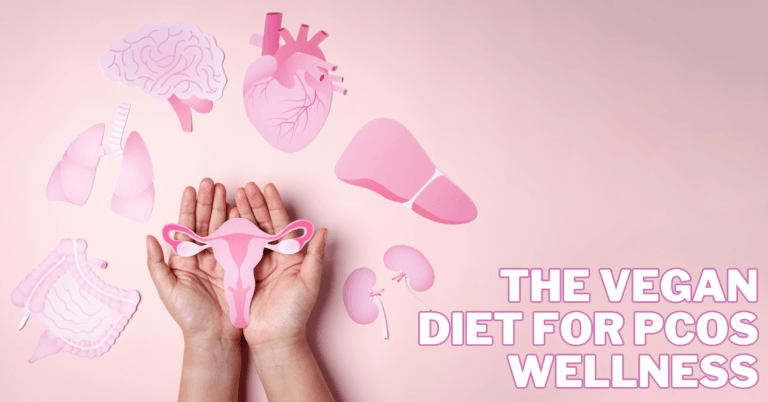



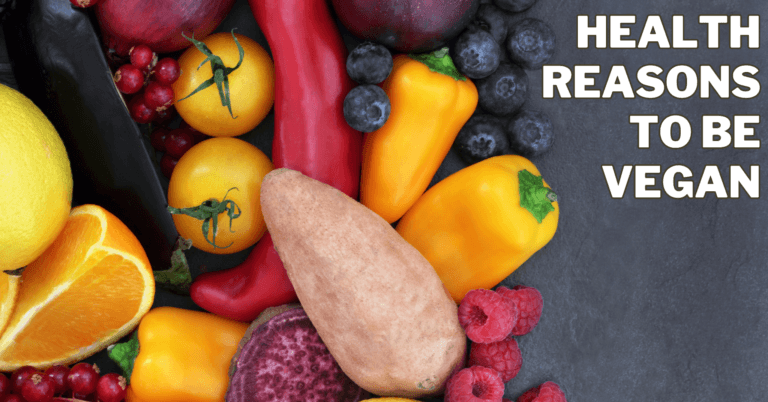
Thank you for your website. I have a friend starting vegan with no oils or nuts. I came to your site trying to find information. Thanks for sharing this information.
Kathleen
Thank you very much, Kathleen. I have been on an oil-free vegan diet for a while. Your friend might enjoy this blog: . There are one or two recipes with nuts. They can be substituted. However, if your friend is allergic to nuts they would have to be careful with the nut milk as well.
Take care
Jeannette